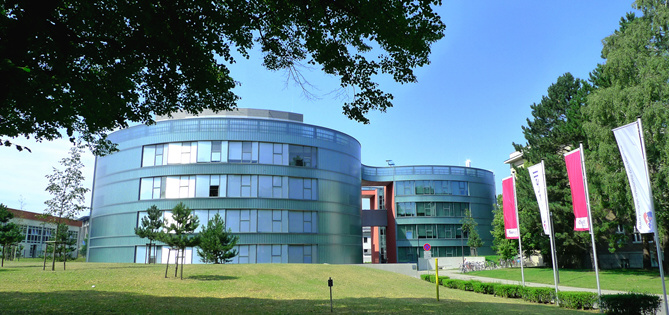Cancer Res. 2016 Jan 15;76(2):197-205.
p73 and IGF1R regulate emergence of aggressive cancer stem-like features via miR-885-5p control.
Meier C, Hardtstock P, Joost S, Alla V, Pützer BM.
Cancer stem-like cells (CSC) have been proposed to promote cancer progression by initiating tumor growth at distant sites, suggesting that stem-like cell features can support metastatic efficiency. Here we demonstrate that oncogenic DNp73, a dominant-negative variant of the tumor suppressor p73, confers cancer cells with enhanced stem-like properties. DNp73 overexpression in noninvasive melanoma and lung cancer cells increased anchorage-independent growth and elevated the expression of the pluripotency factors CD133, Nanog, and Oct4. Conversely, DNp73 depletion in metastatic cells downregulated stemness genes, attenuated sphere formation and reduced the tumor-initiating capability of spheroids in tumor xenograft models. Mechanistic investigations indicated that DNp73 acted by attenuating expression miR-885-5p, a direct regulator of the IGF1 receptor (IGF1R) responsible for stemness marker expression. Modulating this pathway was sufficient to enhance chemosensitivity, overcoming DNp73-mediated drug resistance. Clinically, we established a correlation between low p73 function and high IGF1R/CD133/Nanog/Oct4 levels in melanoma specimens that associated with reduced patient survival. Our work shows how DNp73 promotes cancer stem-like features and provides a mechanistic rationale to target the DNp73-IGF1R cascade as a therapeutic strategy to eradicate CSC.

Kontakt
Institut für Experimentelle Gentherapie und Tumorforschung
Core-Facility Virale Vektor & Genom-Editing Technologien
Biomedizinisches Forschungszentrum
Schillingallee 69
D-18057 Rostock
Sekretariat
Ingrid Winkler
(+49) 381 494-5066(+49) 381 494-5062
ingrid.winkler@med.uni-rostock.de
Department Leben, Licht & Materie
Forschungsbau LL&M
Albert-Einstein-Str. 25
D-18059 Rostock
Forschungsbau LL&M
Albert-Einstein-Str. 25
D-18059 Rostock




